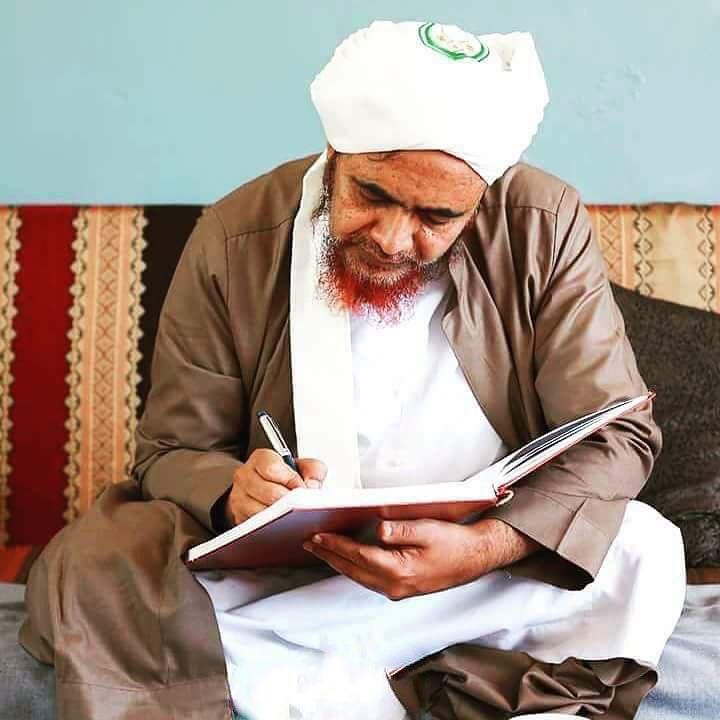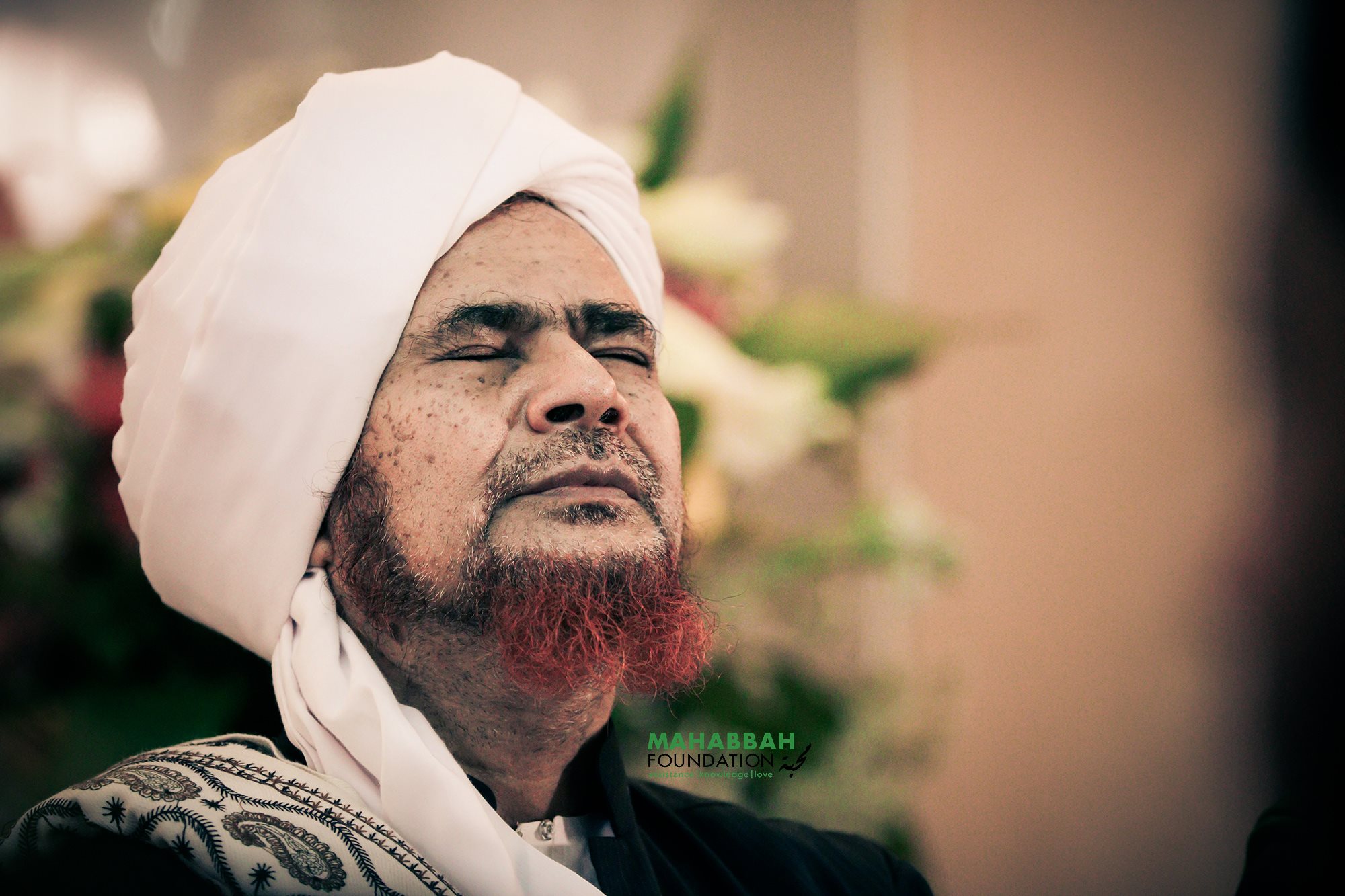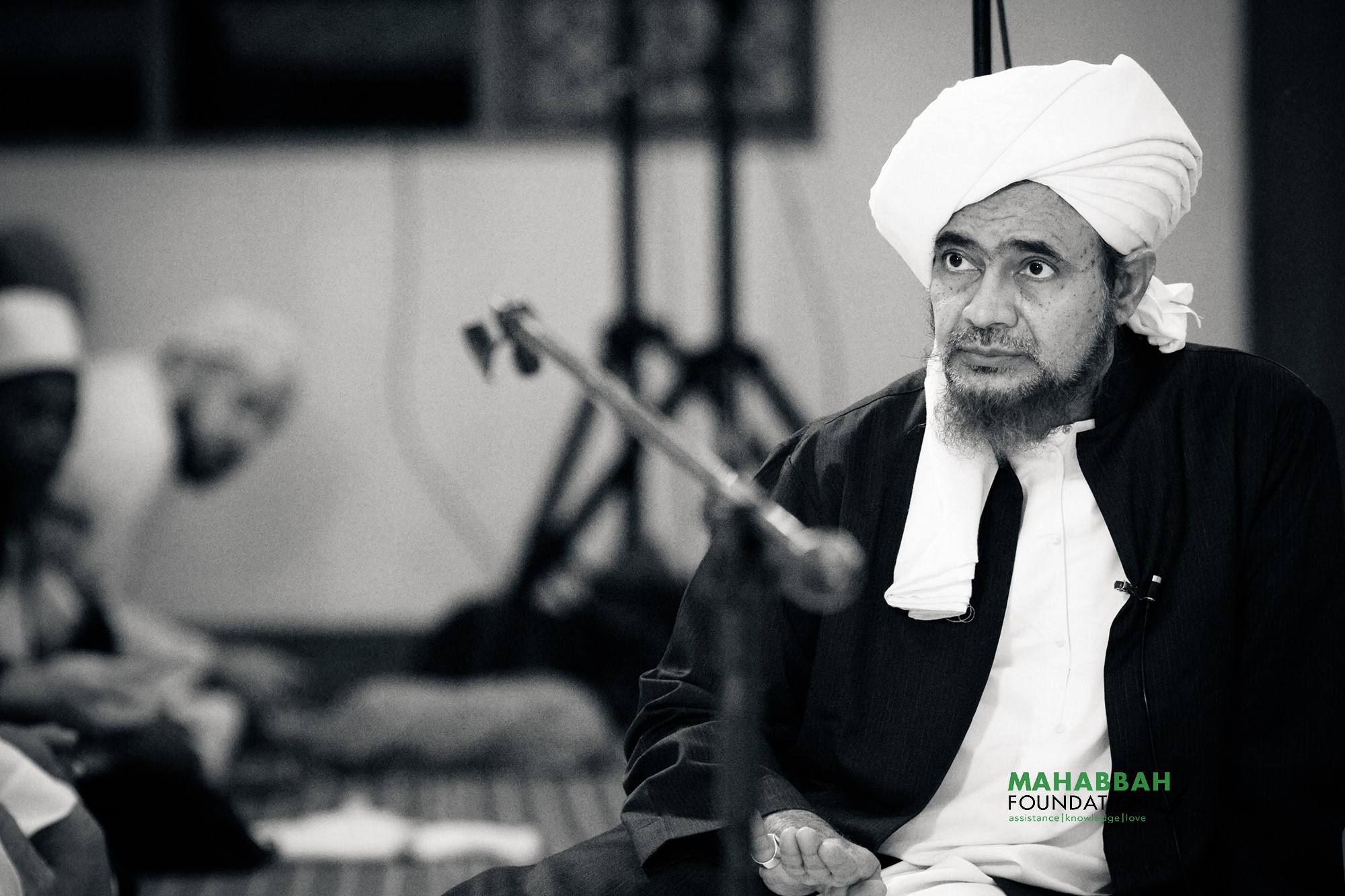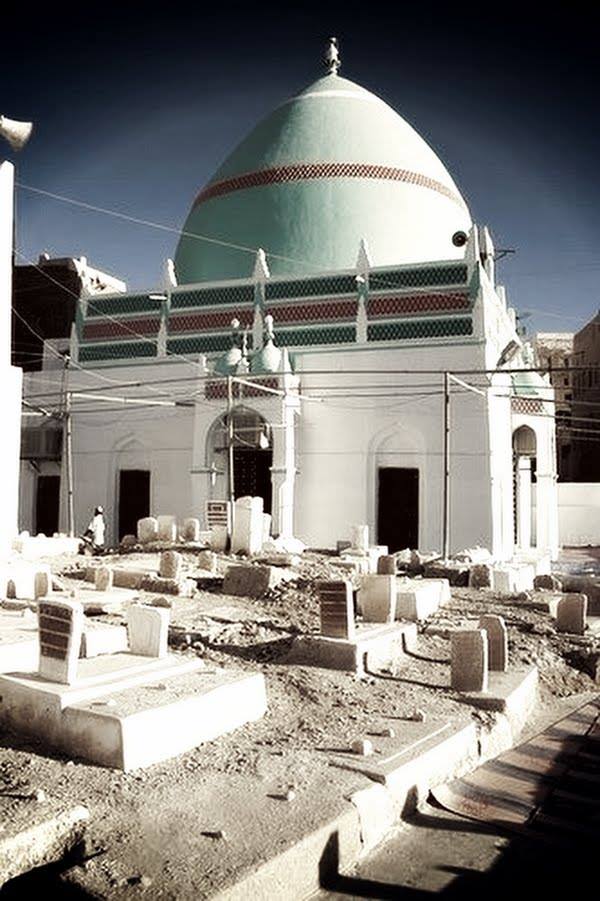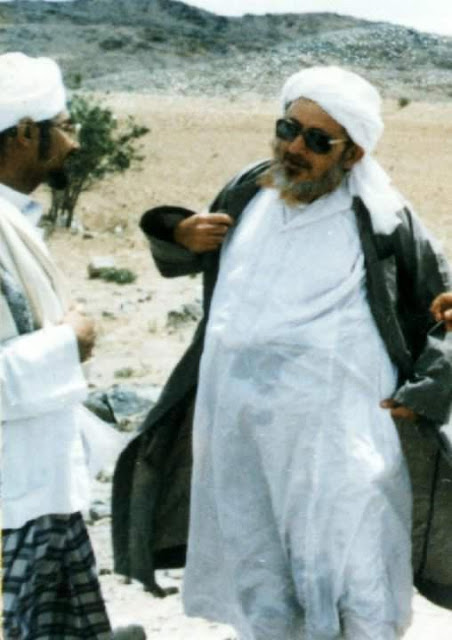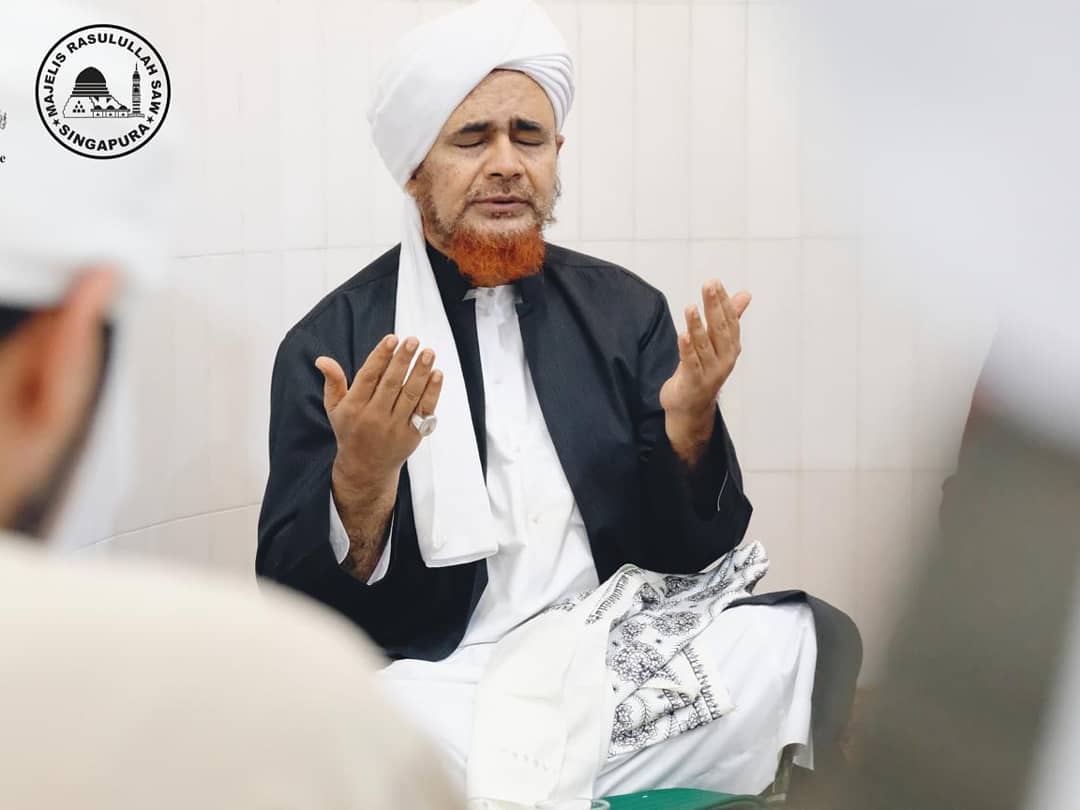Answered by Sayyidi Habib Umar bin Hafiz (may Allah protect him and benefit us by him)
How do we preserve the light of Ramadan once the month has ended?
One of the keys to preserving what we have attained is in the intentions we make before the month ends. We should make firm intentions to do good in Shawwal and beyond. We also need to beg Allah to preserve and increase the gifts He has given us. We need to be consistent in our attendance of gatherings and classes, consistent in our recitation of the Quran while reflecting upon its meanings and consistent in our recitation of the adhkar with presence of heart. We must also choose the best company and sit in the presence of people who have been given light.
Photo credit: Mahabbah Foundation

